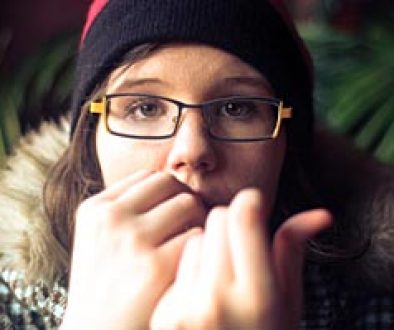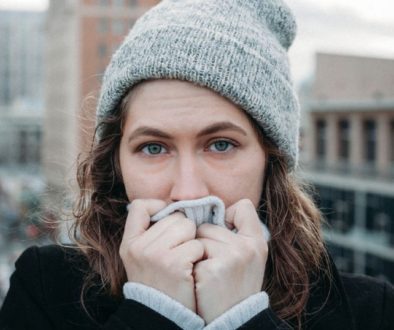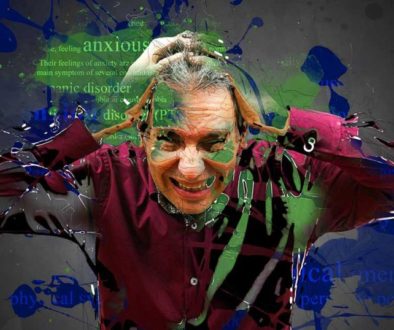Many Possible Adverse Affects That Link Caffeine and Panic Attacks
As far back as July, 1997 the Center for Science in the Public Interest (CSPI) led scientists as well as consumer groups to petition the FDA to include warning labels to products with caffeine. It was required to disclose the amount of caffeine in each product, though currently companies only indicate that caffeine is an ingredient. According to CSPI, there are many possible adverse effects of caffeine to people’s health.
Though panic attacks are not specifically mentioned by the CSPI, having a warning label on caffeine products would benefit people suffering from panic disorders. Caffeine and panic attacks have a close link as it may increase anxiety as well as cause insomnia which is two conditions that may make people more susceptible to panic attacks.
Effects May Vary From Individual to Individual
The effects of caffeine in panic attacks varies from individual to individual, and anxiety disorder specialists recommend people with panic disorders to shun caffeine, which is not easy for people that consume caffeinated products daily. Also, completely eliminating caffeine may result in withdrawal symptoms such as headaches and fatigue that may last for a couple of weeks.
To thwart panic attacks caused by caffeine, one may need to discontinue consuming caffeine, even though caffeine consumption does not necessarily lead to a panic attack. Nevertheless, there is evidence that points to caffeine causing panic attacks as do marijuana, cocaine and amphetamines. Even then, caffeine and sugar, on their own will not set off a panic attack though they do destabilize the brain activity so that anxiety ultimately reaches the stage of being a panic attack.
When there is low adrenal function, caffeine consumption will lead to a panic attack as caffeine interferes with adenosine, which is a brain chemical that normally calms the person, and caffeine also raises the lactate level which is known to produce panic attacks. Caffeine is found in coffee, tea, chocolate as well as a number of soft drinks and a cup of coffee contains 107mg of caffeine, while a cup of tea contains 34mg.
Experts have also found that caffeine, which is a stimulant, will interfere with the natural tranquilizers in the brain which leads to its improper functioning thus leading them to conclude that caffeine causes panic attacks. It is thus not surprising that caffeine is not recommended for those suffering from panic attacks, and since caffeine is hidden in just about everything one eats or drinks, there can be little doubt that caffeine and panic attacks go hand in hand.
As little as two cups of coffee can cause a sufferer to wonder why he or she is having an unusually fast heart beat, why they feel warmer, which in turn, leads them to panic. Thus, it is most advisable for persons suffering from panic attacks to refrain or limit their intake of caffeine.


